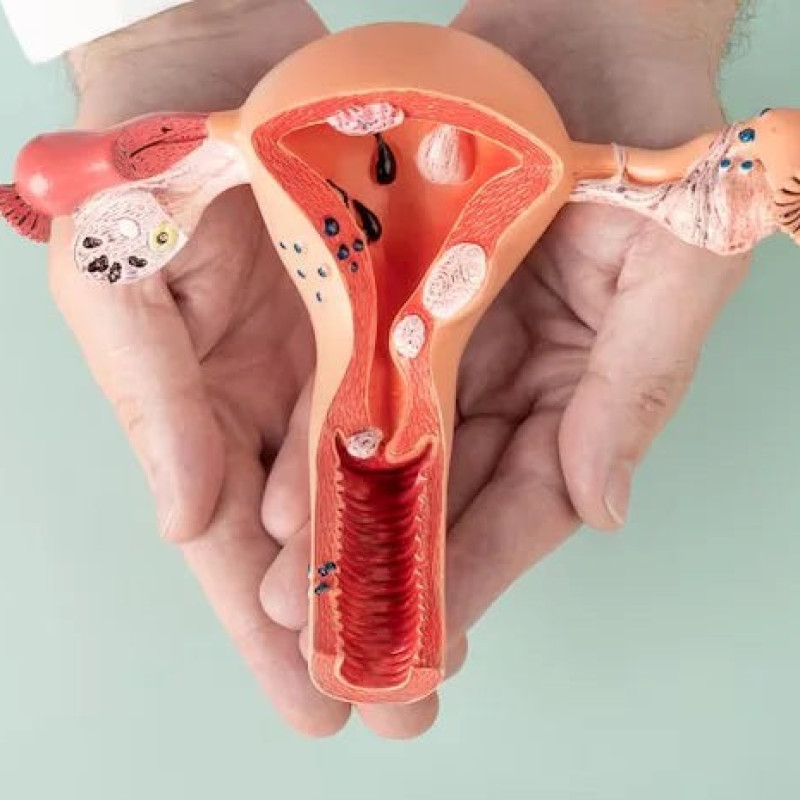
Whether you're considering birth control for the first time or looking to learn more about your options, this guide will help you make an informed decision.
What is Birth Control?
Birth control refers to methods or devices used to prevent pregnancy. It can be categorized into several types: hormonal, barrier methods, intrauterine devices (IUDs), permanent contraception, and natural methods. These methods can be chosen based on personal health, convenience, side effects, and effectiveness.
Types of Birth Control Methods
- Hormonal Methods Hormonal birth control works by regulating or inhibiting the hormones that are involved in the reproductive cycle. Common hormonal birth control methods include:

- Birth Control Pills: Oral contraceptives that contain hormones (usually estrogen and progestin) to prevent ovulation. They're effective when taken consistently and as directed.
- Contraceptive Patch: A small patch worn on the skin that releases hormones to prevent pregnancy. It’s worn for a week at a time and changed weekly.
- Injectable Birth Control (Depo-Provera): A hormone injection received every three months to prevent pregnancy.
- Implants: A small rod placed under the skin that releases hormones over time (usually up to three years).
Effectiveness: Hormonal methods are among the most effective when used properly. However, missing doses can reduce their efficacy.
Side Effects: Some people may experience nausea, weight gain, mood changes, or headaches. It’s essential to consult a healthcare provider to find the method that works best for you.
Reference: Planned Parenthood, “Birth Control Methods.”
2. Barrier Methods These methods physically block sperm from reaching the egg. The most common barrier methods include:

- Condoms: Male and female condoms create a barrier to prevent sperm from entering the uterus. They also help protect against sexually transmitted infections (STIs).
- Diaphragms and Cervical Caps: These are inserted into the vagina to cover the cervix, blocking sperm from entering.
Effectiveness: Barrier methods are less effective than hormonal methods but can still provide reliable protection when used correctly.
Pros: Condoms offer dual protection against both pregnancy and STIs.
Reference: Mayo Clinic, “Contraception: Options and Effectiveness.”
3. Intrauterine Devices (IUDs) IUDs are small devices inserted into the uterus by a healthcare professional. There are two types of IUDs: hormonal and copper.

- Hormonal IUDs: These release hormones that thicken cervical mucus and prevent sperm from reaching the egg. They can last for 3 to 7 years.
- Copper IUD: The copper IUD is hormone-free and works by releasing copper ions that create a hostile environment for sperm.
Effectiveness: IUDs are highly effective, with a failure rate of less than 1%.
Pros: Long-term protection with minimal maintenance once inserted. Copper IUDs are a good option for those who prefer non-hormonal methods.
Reference: American College of Obstetricians and Gynecologists, "Intrauterine Device (IUD) Birth Control."
4. Permanent Methods For individuals who are certain they do not want to have children in the future, permanent contraception may be the best option.

- Tubal Ligation: This procedure involves cutting or blocking the fallopian tubes to prevent eggs from traveling from the ovaries to the uterus.
- Vasectomy: A male sterilization procedure where the vas deferens (the tube that carries sperm) is cut or blocked.
Effectiveness: These methods are extremely effective but should only be considered by individuals who are sure they do not want to have children in the future.
Reference: National Health Service (NHS), “Sterilization.”
5. Natural Methods Natural methods involve tracking the menstrual cycle and abstaining from sex or using barrier methods during fertile times.

- Fertility Awareness Methods (FAM): These methods involve monitoring signs of fertility, such as changes in body temperature and cervical mucus.
- Withdrawal Method: This involves the male partner withdrawing before ejaculation to prevent sperm from entering the vagina.
Effectiveness: These methods have lower effectiveness rates compared to other forms of contraception, especially if not practiced accurately.
Reference: Centers for Disease Control and Prevention (CDC), "Fertility Awareness-Based Methods."
Factors to Consider When Choosing a Birth Control Method

When selecting a birth control method, it's important to consider several factors:
- Effectiveness: Some methods are more reliable than others. Hormonal methods and IUDs tend to be more effective.
- Convenience: Some methods require daily use (e.g., birth control pills), while others are long-acting and require less attention (e.g., IUDs, implants).
- Side Effects: Every method has potential side effects, and it’s crucial to discuss them with a healthcare provider to find the best fit.
- Health Conditions: Some individuals may have conditions that make certain birth control methods unsuitable. For example, smokers over 35 years old are advised to avoid birth control methods that contain estrogen.
Conclusion
Birth control is an essential part of reproductive health, providing individuals with the ability to plan pregnancies and take control of their sexual health. The right method depends on personal preferences, lifestyle, and health conditions. Consulting a healthcare provider can help you make an informed choice that’s best suited for you.







